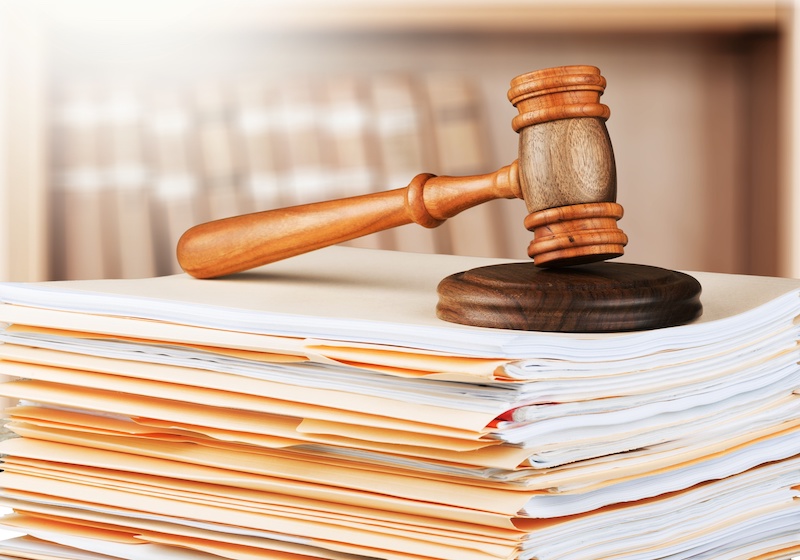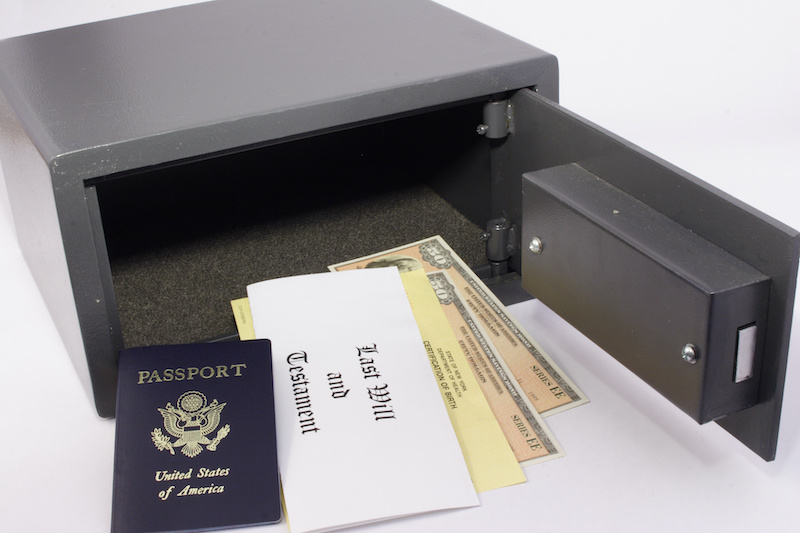
Client often ask attorneys what to do if they lose estate planning documents. For example, if your grandfather unexpectedly died, would you tear apart the house looking for estate planning documents? Unfortunately, despite our best efforts, millions of people misplace wills and trust documents.
Although some attorneys retain and store a client’s original will, that practice is waning. This is a result of law offices striving to “go green.” So, many estate planning attorney stores digital copies of legal documents. In so doing, they pass the responsibility for safekeeping documents with their clients.

What happens when the bank, title company, or court requests your original legal documents, and they are nowhere in sight?
Wills
State laws differ about what to do in the case of a missing will. Generally, if you lose a document, store a copy to use in place of the original.
State Documents

Several states’ laws follow this common law principle. When a claimant fails to locate a deceased person’s last will and testament, the court assumes that someone intentionally destroyed or revoked access to it. This is especially true if evidence shows that the deceased person possessed the will prior to death. However, you may be able to challenge that presumption.
For example, the decedent’s attorney, friends, or family may provide statements about the decedent relative to the will’s existence. Or, they may prove the decedent made recent changes to the will with the assistance of an attorney. In other cases, evidence of a recent fire or flood destroying the will could rebut the presumption that the will-maker intended to revoke the terms of the will.
Probate Court & Documents

In addition, if all heirs agree that a photocopy of the will accurately reflects the decedent’s last will and testament, a probate court may permit that copy of the will. However, if parties disagree about whether the photocopy represents the decedent’s last will and testament, the court could reject the copy. If this occurs, the default intestacy laws govern the way to distribute property in the estate.
Various state laws govern whether or not a photocopy of a will can be used to prove a deceased individual’s intent. Therefore, keep your original will in a safe place. For example, invest in a fireproof safe or a safety deposit box. This protects against loss, fire, water damage, or theft. Equally important, make sure that the individuals or entities put in charge of your affairs know the location of documents can gain access to them when you are gone.
Safeguard Documents

The bottom line is that, although we increasingly move to digital documentation of legal decisions, great value remains in having the most recent original signed document. This helps answer questions as to the intent of the testator, principal, or grantor. In such cases, the document can be brought before a decision-maker to prove the deceased person’s intentions. Currently, no better way exists to prove intent than presenting a signed, witnessed, and notarized original document. However, understand your state’s laws. Also, know the evidentiary threshold before you rely on a photocopy or a digital copy of an important legal document.
Original Value

Safeguard your original documents. And allow only trusted decision makers to know their location. If you do not want people to go through those documents when you are not around, keep them locked in a safety deposit box. Or, you can purchase a fireproof safe for your home, or a secure location. Also, make sure that somebody other than you knows how to quickly access the documents. Save your loved ones significant trouble by storing the original documents in a safe and accessible spot. Finally, in the worst case scenario, when original documents are lost or destroyed, you will not be left without options.

If you need help finding your documents or discussing next steps after being unable to locate your or your loved one’s documents, call us.
About Skvarna Law in Glendora & Upland, California
Skvarna Law Firm operates offices in Glendora and Upland, California. Also, we provide legal services. We cover San Bernardino, Los Angeles, Orange, and Riverside Counties. This includes several cities. Upland, Ontario, Rancho Cucamonga, Fontana, Colton, Rialto, Chino, Chino Hills, Glendora, Claremont, Pomona, La Verne, Montclair, San Dimas, Azusa, Covina, West Covina, Diamond Bar, Walnut, La Puente, Corona, Norco & Mira Loma.


